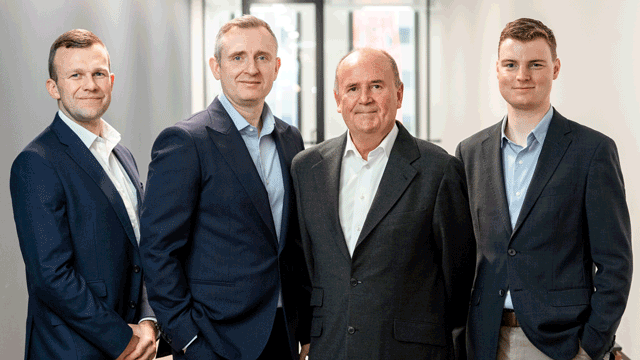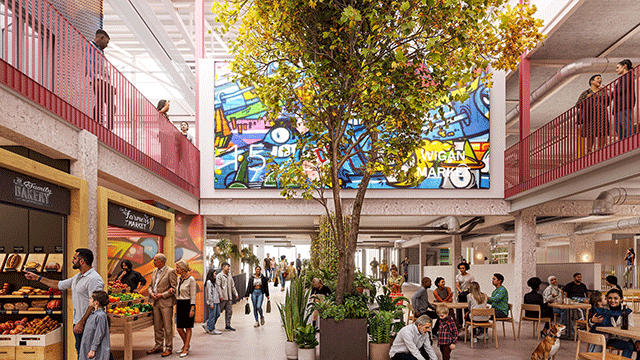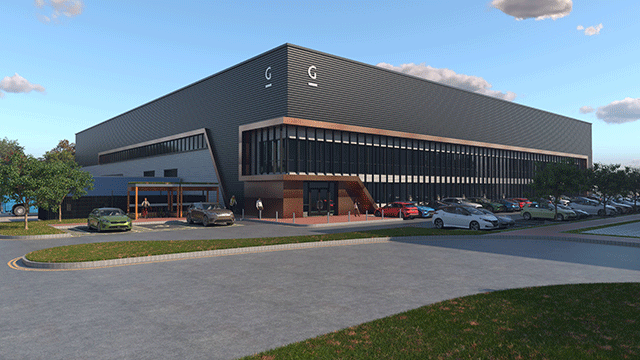Kung Hei Fat Choy to those already doing business with China. Happy Lunar New Year to those of you who are not. Will the Year of the Horse bring prosperity and wealth? Not unless politicians get out of the way.
With three years of elections looming (from May’s local and European elections, to the 2015 general election and 2016’s mayoral hustings), the capacity for political volatility has seldom been greater. And at a time when the property industry craves certainty to capitalise fully on a market that appears more promising by the day, politicking is a clear and present danger.
This much was made clear last week by London mayor Boris Johnson – just days after London was confirmed as the world’s property capital by the US Association of Foreign Investors in Real Estate.
The Afire survey highlighted how investors buy into the certainty around liquidity, taxation and the legal system that the capital offers. In careering into a dispute on the South Bank, Boris is embarking on a course that could do much to undermine that confidence.
At issue is the £120m redevelopment of the Southbank Centre, a project that has won broad support. It has thrown up controversy too, with plans to relocate the skateboard mecca that has occupied the undercroft of the Royal Festival Hall for many years.
The skateboarders add to the cultural fabric of the centre but, argues the SBC, the commercial viability of the project hangs on its ability to redevelop their current home. Facing the river, it is the income that could be secured from that space that will be used to secure commercial backing for the overall project.
The offer of a new skateboarding space, 120m away, had been seen as a big enough concession to persuade others to support the overhaul. The mayor’s office had been seen as one of those supporters.
But whether the skateboarders should be moved on is moot. What is material is the mayor’s decision to tell a preliminary meeting that the skate park should not be moved – and then make the statement public.
It was an incredibly ill-advised and unhelpful intervention. It threatens a serious investment in London’s cultural fabric at a time of declining public funding of the arts and will sow concerns among developers that individual whim plays too big a role in mayoral decision-making.
Worse, it undermines confidence in the planning system itself and risks setting a dangerous precedent. Boris is, after all, specifying a particular use not just on a site, but in a particular location within a site.
So where does this leave the Southbank Centre?
Lambeth council had been expected to consider the redevelopment application at the end of the month. SBC could effectively “dare” the mayor to direct refusal. Given how emphatic he has been, that would not be seen as a sensible use of public funds in Lambeth’s case or charitable funding in SBC’s.
So if confrontation is unlikely, withdrawal is possible.
Indeed, it would be understandable if the centre does not proceed with its application. And that would mean a desirable redevelopment does not happen.
And what will developers make of all this? It is, after all, only the latest planning controversy on the South Bank. The calling in by the secretary of state of the Shell Centre development, when the neighbouring Elizabeth House scheme was not, has further removed predictability from planning procedure.
Seasoned planners like Peter Rees of the City London and Rosemary MacQueen expressed their fears for the future of the planning system in Estates Gazette last year. “I see planning going down the agenda,” said MacQueen. Warned Rees: “Even as we speak, the government is tearing up the planning system. I often feel ashamed that we have a weaker planning system than many African countries now.”
With interventions like this one from Johnson, that fear will only intensify.
damian.wild@estatesgazette.com











